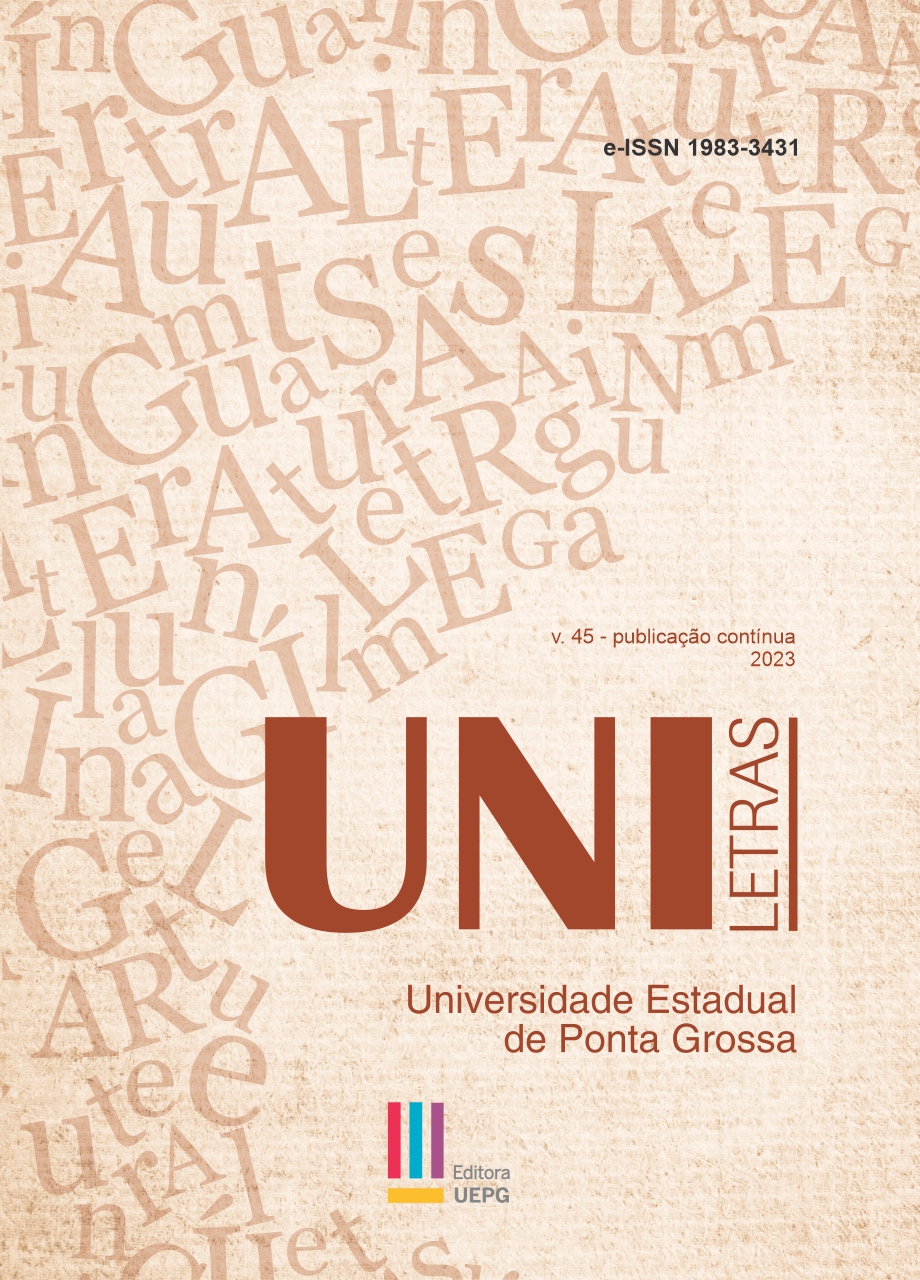POSTPONING THE END OF THE WORLD: REFLECTION AND ARGUMENTATION IN A DIDACTIC SEQUENCE ON THE IDEAS OF AILTON KRENAK
Abstract
This experience report aims to present and analyze the practice of a Portuguese language internship that employed the reception aesthetics methodology of literature in the classroom, using Ailton Krenak’s work “Ideias para adiar o fim do mundo” (Ideas to Postpone the End of the World, 2019) as the foundational text. Drawing upon an approach grounded in the competencies and skills outlined in the Brazilian National Common Core Curriculum and the reception aesthetics methodology introduced by Jauss (1979), the internship sought to foster a critical and reflective reading of the literary work, encouraging active student participation in the construction of meanings and interpretations. The implemented stages aimed to explore the relevance of literature in shaping sensitive and engaged readers, while addressing socio-environmental issues present in Krenak’s text. Through the analysis of the pedagogical practices employed, this report intends to contribute to the understanding of the importance of reception aesthetics methodology in the context of high school education.
Downloads
Downloads
Published
Issue
Section
License
Authors that publish in the journal agree with the following terms:
a) The authors keep the copyright and grant to the journal the rights of the first publication, with the work simultaneously being licensed under the Creative Commons Attribution License that allows the sharing of the work with the recognition both of the authorship and the initial publication in this journal.
b) This journal provides immediate public access to all of its content, following the principle that making scientific knowledge freely available to the public provides greater worldwide democratization of knowledge. For more information about this approach, visit Public Knowledge Project, a Project that developed this system to improve the academic and public quality of research, distributing OJS as well as other softwares to support the publication system to public/open access to academic sources. Names and e-mail addresses in this website will be used exclusively for this journal purposes, not being available for other ends.

This work is licensed under a Creative Commons Attribution 4.0 International License.





